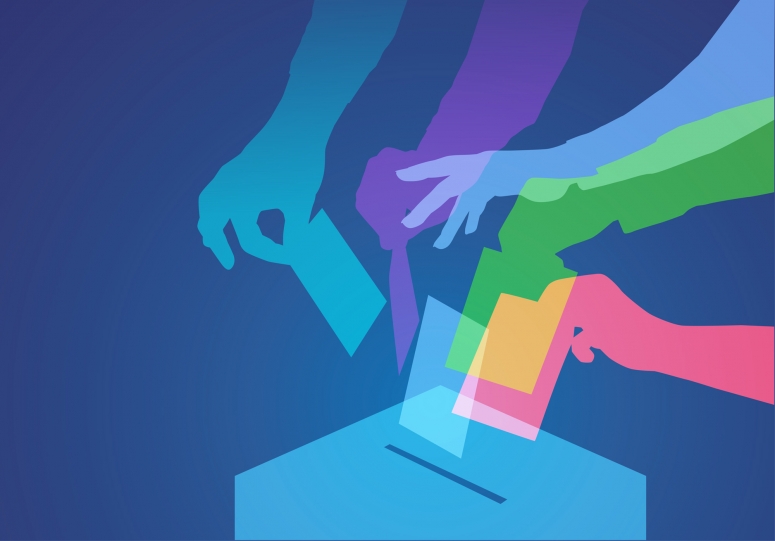The future of opinion polling in East Africa Featured
For non-statisticians, the question is whether opinion polls reflect or affect public opinion, and we’re supposed to think that they are only describing what’s happening. The assumption is that nothing will change between opinion day and polling day. It’s a rare politician, though, that thinks they can’t change something so every new poll ends up being a catalyst for more feverish campaigning. That campaigning relies on the spin, an impolite word for interpretation, which is why you’ll hear at least three different versions of the same truth that underlies a given poll.
The room for maneuver in the margin of error is the space where debate can occur.
The rules of engagement for campaigning seem to be that we’ll all talk about the polls as if they were meaningful, even though the results of a lot of the polls you’ll see are in that grey, errory area. The interpretation of opinion polls over time often refers to people changing their minds, though there’s no basis for this claim because they don’t ask the same people. What polls do is raise awareness, generate opinions, and generally cause people to act as if something important has happened, even though there are no gold stars for good poll numbers. They do not predict the future; they create it.
So let’s call a poll a poll. It’s just like wee Hughie and wee Seánie’s end-of-week class tests to see how they’re getting on before the big exam. The mock exam isn’t exactly like the real one: It’s shorter, with questions drawn from a smaller pool, and some material they haven’t yet covered in
It is therefore vital to review the way in which opinion polls are reported and used in future political debate so that they continue to be relevant and we avoid the danger of throwing the baby out with the bathwater.
So what is the future of polling? First, a move away from telephone surveys toward online and mobile polling and the gathering of opinion in less traditional ways, including data from searches and purchases. Second, a correspondingly larger need for sophisticated adjustments as pollsters work with data that are less immediately representative of the population. Third, network polling, in which we learn not just about individuals’ views but also what they are hearing from family, friends, and neighbors. And, finally, continuous polling that expands past the horse race, reflecting the continually contested nature of politics in our polarized era.
<div class="cjpollsanywhere"><input type="hidden"></div><script type="text/javascript" src="http://intouchpolls.org/en//media/com_communitypolls/anywhere/anywhere.js"></script><script type="text/javascript">PollsAnywhere({id:4, anywhere: true});</script>
Leave a comment
Make sure you enter all the required information, indicated by an asterisk (*). HTML code is not allowed.





2 Comments
posted by James
Integer sollicitudin ligula non enim sodales, non lacinia nunc ornare Sewid are risus in euismod varius nullam feugiat ultrices.
Comment Linkposted by Nomina James
Integer sollicitudin ligula non enim sodales, non lacinia nunc ornare Sewid are risus in euismod varius nullam feugiat ultrices.
Comment Link